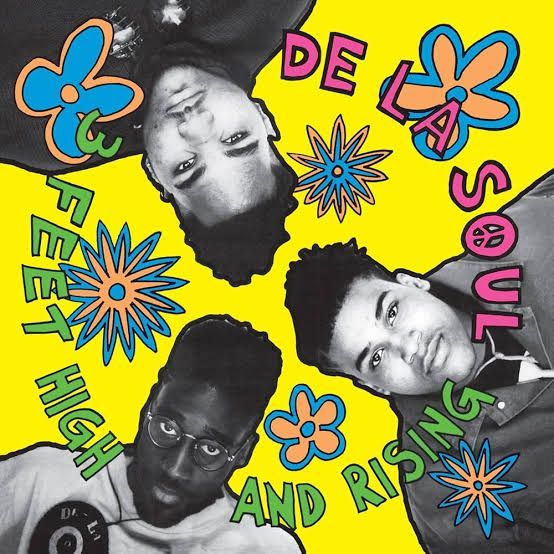Te Taura Whiri te Reo Māori (Māori Langauge Commission) is an “autonomous Crown entity”set up under the Māori Language Act 1987 to promote the use of Māori as a living language and as an ordinary means of communication.
Check out the website for the extensive work they do, including Te Wiki o te Reo Māori (Māori Language Week).
Te Wiki o te Reo Māori (Māori Language Week)
In 2018 Te Wiki o Te Reo Māori is 10-16 o Mahura (10-16 September). The theme is “Kia Kaha te Reo Māori!”
Colleagues tell me LIANZA Otago/Southland are considering holding an event for librarians in late July in preparation for Te Wiki o te Reo Māori. I’ll add the details here as soon as I can.
The Spinoff – Where to learn te reo Māori anywhere in Aotearoa for free or next to nothing
A comprehensive list of introductory te reo Māori classes, NZ-wide.
Māori greetings and phrases from VUW (website, directory)
He aha tenei? (app)
“He aha tēnei?” (What is this?) is an interactive Te Reo Māori drag and drop game for kids and their caregivers. Match each part of the word to hear it pronounced. Complete the word to hear it in full.”
“The Te Pūmanawa mobile app contains two separate programmes; Te Reo Taketake: A Māori Language Course for Beginners and Te Ao Māori: The Māori World. This is a new and exciting programme for learning the basics of the Māori language or for people who have no prior knowledge of Māori.
The programme is intended for beginners.There are video clips and activities which will help you learn the basic fundamentals of the Māori language, ‘te reo Māori’.”
Te reo Māori course are listed here.
“Compete against friends while battling for language supremacy”. iOS only.
“Koi is your teacher. She has an innovative Personalised Progression Memory which allows her to remember what words and phrases you know and which ones you need a little extra testing on”
Language learning (including the red Maori) gamified.
